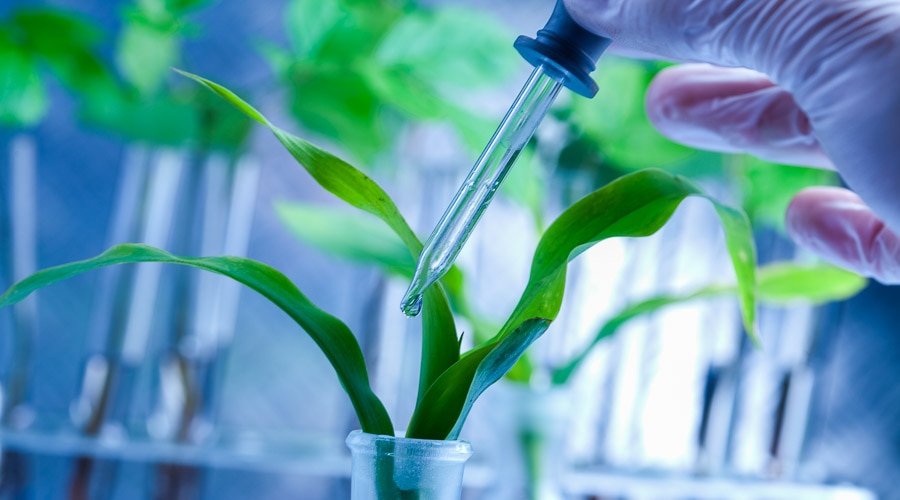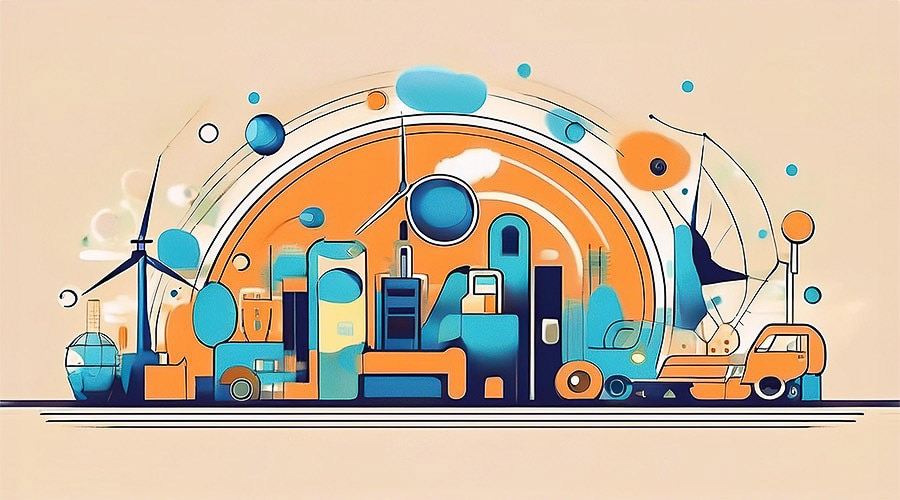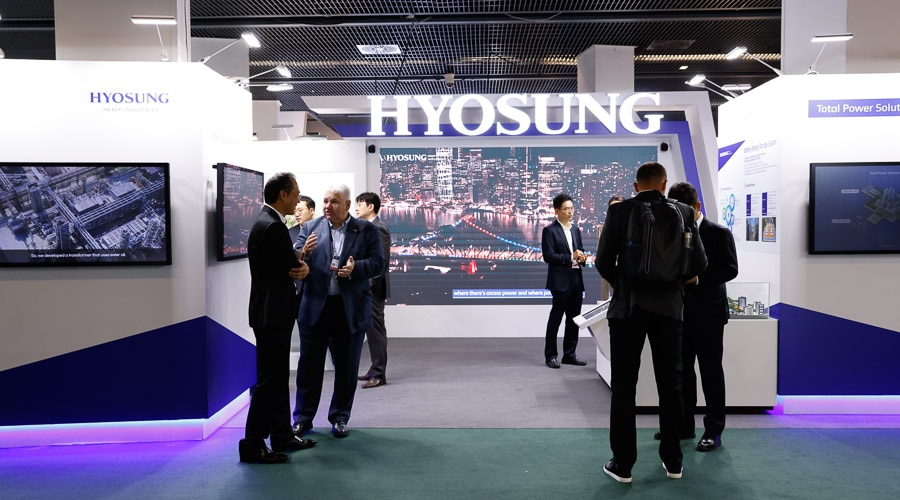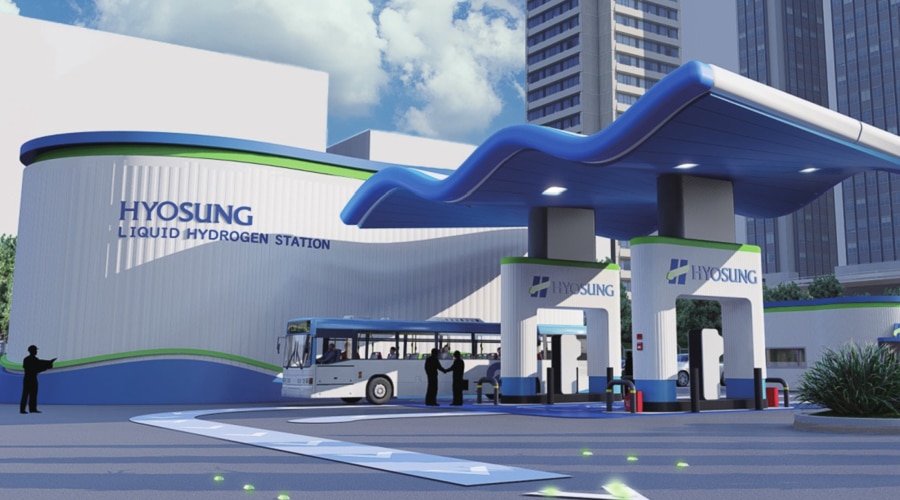Content content
Hyosung TNC is the world's leading spandex supplier, commanding approximately 33% of the global market share. Spandex is widely used in everyday products such as sports and outdoor functional clothing and underwear. To maintain the value of a global number one brand, HYOSUNG has been seriously exploring the sustainability of its brand. The company is committed to finding ways for HYOSUNG’s materials, deeply connected to everyday life, to coexist sustainably with consumers.
Developing Sustainable Products and Resource Circulation: Core Tasks of HYOSUNG
Most synthetic fibers we are familiar with are made from fossil fuel-based raw materials, which raises concerns about the environmental impact during the manufacturing process. As a global leader in material technology, HYOSUNG has long prioritized the development of sustainable products and resource circulation as key tasks. With the rapid intensification of climate change, HYOSUNG has set sustainability and sustainable management as next-generation agendas, focusing its capabilities on its bio-business initiatives.
Through these research and development efforts, Hyosung TNC has commercialized recycled fibers and bio-based fibers. In 2008, the company introduced regen, the first recycled yarn and spandex product in Korea made from recycled PET bottles and fishing nets. Producing one ton of recycled yarn reduces carbon dioxide emissions by an amount equivalent to what 136 trees absorb in a year. Despite being sourced from recycled materials, the raw materials maintain excellent purity and quality characteristics.
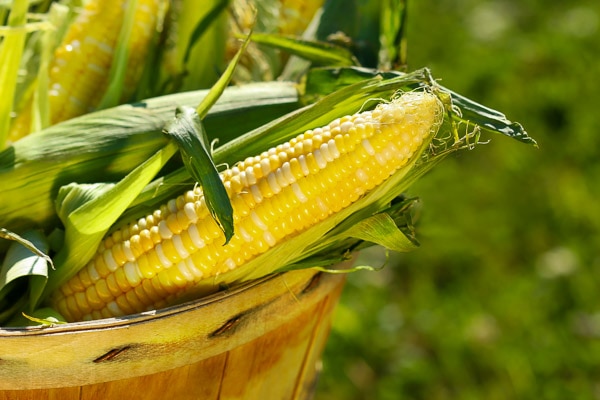
In 2022, Hyosung TNC achieved a groundbreaking milestone by becoming the first in the world to commercialize bio-based spandex extracted from corn. This innovation involved replacing PTMG (Poly Tetramethylene Ether Glycol), typically used in spandex, with a bio-based material derived from corn. Using bio-based materials in high-performance fibers like spandex was a challenging endeavor. Achieving key functions such as elasticity and resilience posed significant limitations. However, through continuous research, Hyosung TNC succeeded in developing bio spandex that meets these functional requirements.
Hyosung TNC's dedication to developing sustainable products has been recognized through various eco-friendly certifications. In 2022, the company produced sustainable bio spandex using ISCC+ certified bio-based materials and obtained SGS certification. By 2023, Hyosung TNC had also received the ISCC+ international certification for sustainability and carbon reduction.
Opening a New Chapter in the White Bio Industry with Research and Effort
The process of replacing fossil fuels with plant-derived raw materials is known as the white bio industry. Hyosung TNC has pioneered this industry by producing PTMG, a key component of spandex, from bio-based materials extracted from corn. This bio spandex has received eco-friendly certification from the Swiss certification body SGS, a recognition unique to Hyosung TNC.
Using bio-based materials not only reduces carbon emissions but also positively impacts soil and water conservation. The extraction of fossil fuels often leads to soil contamination and pollution during the mining and byproduct disposal processes. However, utilizing plant resources minimizes soil contamination during raw material extraction and byproduct processing. This contributes to reducing air pollution and unnecessary water usage, thereby protecting water resources.
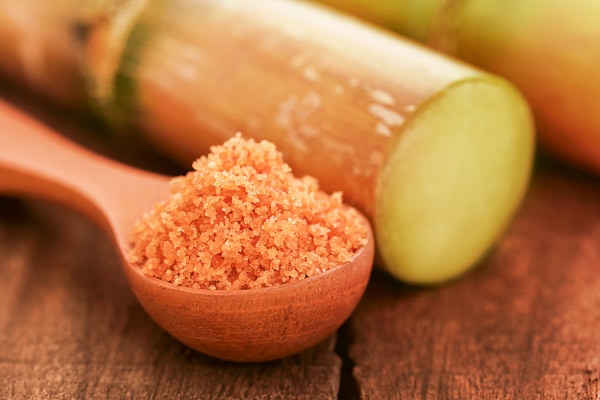
HYOSUNG is embarking on the next phase of its sustainable fiber research and development. This new chapter begins with Hyosung TNC's successful R&D collaboration with Geno, a U.S.-based company with proprietary technology, to develop Bio BDO (Butanediol) from sugar extracted from sugarcane. Geno's technology is held by only two companies globally—one in the U.S. and one in Europe—and HYOSUNG is the exclusive partner in Asia. HYOSUNG’s sugarcane-based production capacity stands at an impressive 200,000 tons of Bio BDO per year, making it the largest in the world.
The successful development and production of Bio BDO from sugarcane mark a significant improvement in environmental efficiency compared to previous methods. Traditional corn-based Bio BDO requires a two-step manufacturing process, whereas sugarcane-based Bio BDO can be produced directly from raw sugar. This streamlined process not only enhances efficiency but also results in substantial cost savings in manufacturing.
Leading Global Customer Satisfaction Through Vertical Integration in Bio Business
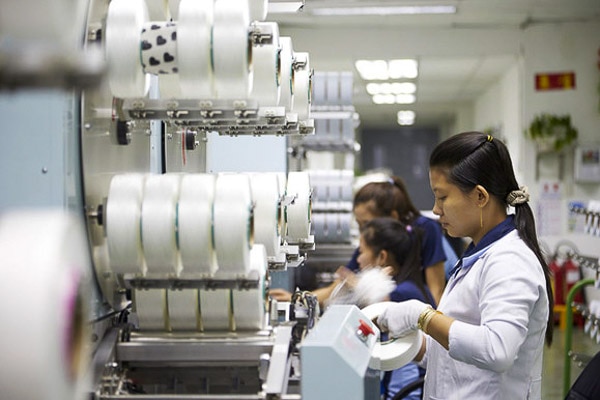
▲ Hyosung TNC’s spandex plant in Vietnam is doing a quality inspection
Hyosung TNC's new venture into the white bio industry signifies the establishment of a stable, vertically integrated production system for bio spandex. The company has announced a substantial investment of KRW 1 trillion to build a Bio BDO production plant with an annual capacity of 200,000 tons by 2040. This integrated production system encompasses the entire process from Bio BDO production to PTMG production, and finally to the production of bio spandex products.
The value of vertical integration in the bio business also lies in meeting the environmental demands of global customers. In the high-performance premium fiber market, the sustainability of products has become a paramount concern. During the pandemic, consumers have increasingly focused on a healthy and comfortable lifestyle, which has fueled trends like athleisure and gorpcore, making functional clothing a staple in everyday fashion. With growing awareness of climate change, value-driven consumption that prioritizes environmental impact has become widespread.
In response, global brands such as Nike, Lululemon, Mulawear, and Ganni have prioritized carbon reduction and the use of eco-friendly materials. As the world's leading supplier of spandex, Hyosung TNC's vertically integrated bio spandex production system ensures stable raw material supply, increased production efficiency, cost reduction through system optimization, and carbon reduction across production, transportation, and logistics stages.
HYOSUNG’s commitment to sustainability is exemplified by the vertical integration of its bio business, culminating in the development and production of Bio BDO. The epicenter of this white bio business initiative is in Vietnam, where HYOSUNG’s partnership with the country is built on deep trust and a commitment to mutual growth. Stay tuned for the third part of our white bio business story, where we will delve into the collaborative efforts between HYOSUNG and Vietnam.
